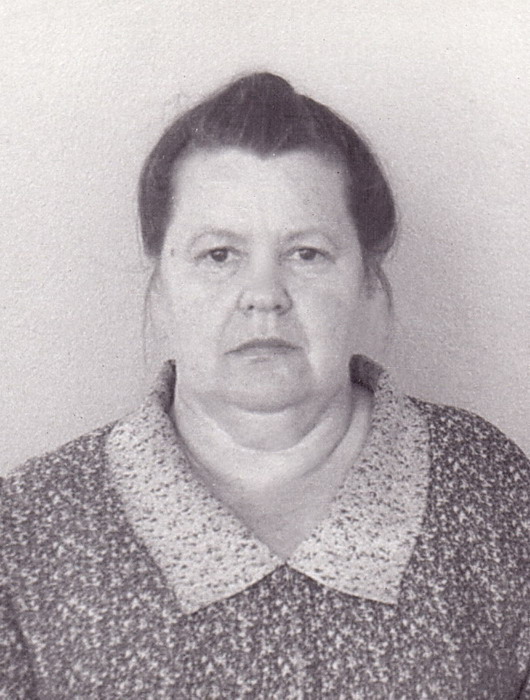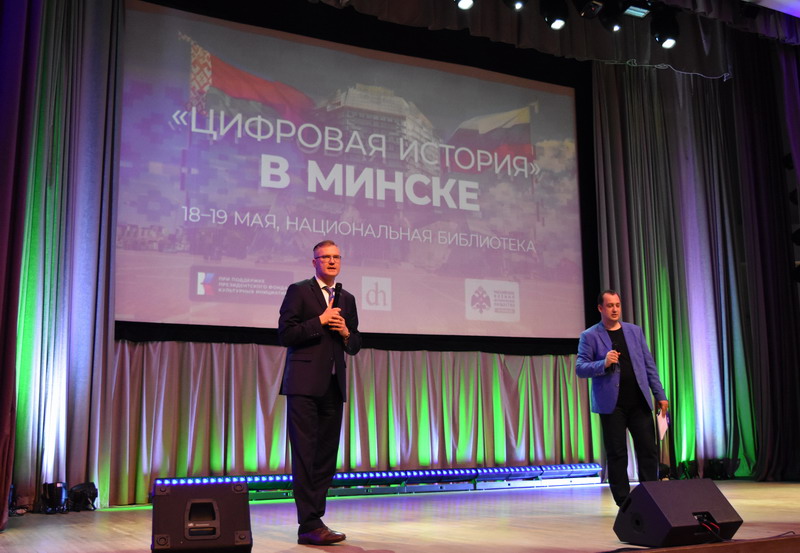Zoya Diakonova was born in Smolensk in the family of a priest. In 1930, she graduated from the 2nd Smolensk nine-year political and educational school and was accepted as the head of the hut-reading room of the Romnensky village Council of the Novosokolnichesky district of the Western Region (now the Smolensk region). The young woman was "mobilised to work in a school" in the village of Zhukovo six months later, combining her teaching duties with her role as a senior pioneer leader.
At the beginning of 1932, twenty-year-old Zoya relocated to Minsk where she headed the library of the capital's secondary school No 25 until the Great Patriotic War had begun. She also taught the Russian lessons for the fifth-year pupils. Zoya Vladimirovna would write in her autobiography later: "The 25th School Library was the best school library in the city of Minsk, which was repeatedly mentioned in the press (in “Soviet Belarus”, “Teacher's Newspaper”, “Stalin's youth” etc.)". Undoubtedly, the high status of the institution was due, among other things, to the Diakonova’s painstaking work and competent leadership.
In 1937, she graduated from the two-year higher library courses at the State Library of the BSSR named after V.I. Lenin (now the National Library of Belarus), and entered the evening department of the Minsk State Pedagogical Institute (now the Belarusian State Pedagogical University named after Maxim Tank) a year later, which she graduated from in 1941 with a degree in "Teacher of Russian language and literature".
Zoya Vladimirovna managed to work simultaneously as a methodologist on activities for the children's readers and book at the State Library of the BSSR named after V.I. Lenin and headed a school library when she was a student at the Institute.
But suddenly, a brutal conflict erupted like a terrifying whirlwind, putting Zoya Vladimirovna's and the entire Soviet population's peaceful lives to terrible and agonising tests. At the very beginning of the combat activities, the woman lost her husband: a Red Army lieutenant was killed at the front. In 1946, she recalled that difficult time in this way: "The war of 1941 caught me with a 7-month-old infant. The first bombings destroyed the apartment and property. During the evacuation, I couldn't get on the train with an infant, because of the heavy stampedes. I evacuated from the city along the Mogilev highway on foot. I reached Bobruisk, but I couldn't go any further. There I was caught by the German occupation. I returned to Minsk".
 Not having an apartment in the capital, as well as the opportunity to leave her child to go to work, she was forced to go to the village of Rylovshchyna of the Senninsky Village Council of the Minsk district, where she managed to get a job as a school teacher. But a year later, the expansion of military operations forced the educational facility to close. Up until the BSSR's liberation, Zoya Vladimirovna resided in the village and only resumed her teaching career in 1944.
Not having an apartment in the capital, as well as the opportunity to leave her child to go to work, she was forced to go to the village of Rylovshchyna of the Senninsky Village Council of the Minsk district, where she managed to get a job as a school teacher. But a year later, the expansion of military operations forced the educational facility to close. Up until the BSSR's liberation, Zoya Vladimirovna resided in the village and only resumed her teaching career in 1944.
In 1946, Z.V. Diakonova returned to Minsk and was reinstated in the staff of the State Library of the BSSR named after V.I. Lenin as a librarian. At this time, the restoration of the destroyed national treasury was in full swing. The library employees who had survived the occupation toiled sacrilegiously in the chilly building, making every attempt to return to their jobs at any given time without complaining. Zoya Vladimirovna was also actively involved in this work.
She had been employed as a methodologist for children's literature at the Library Science department since 1948. She had always been drawn to and had a strong connection to the department's activities. She was tasked with creating annual reports on the activity of the children's libraries of the BSSR, which included statistical information on their operations and the primary formats and techniques for assisting young readers.
Z.V. Diakonova's professional competencies allowed her to provide methodological assistance to library specialists of the republic at a high professional level, give lectures and reports to colleagues from school and children's libraries at regional and republican seminars.
The methodological room became the Library Science Methodological Department after the revised library structure and employee schedule were authorised in July 1961. Four years later, Zoya Vladimirovna assumed leadership of the newly established Children Activity Section created within the department.

Meeting-seminar of directors of children's libraries in Moscow, January 1965. Zoya Vladimirovna is second from the left
Zoya Vladimirovna met her second husband in the State Library of the BSSR. Igor Zholudev told this unusual story in his memoirs: “Once a room was allocated to the Library. The room was large, and the management decided to put two employees in it. Sakolchik, the head of the Belarusian department, and Diakonova, both had received the room. Sakolchik kept going to the directorate and asking boards to divide the room. Well, it was inconvenient to live in the same room together without a dividing wall. However, there were no boards. And then, they called him to the directorate and said that the boards were available! Sakolchik replied that he had no need in them any more. And then Sakolchik and Diakonova gave a birth to the girl Natasha. That was a library novel with a good ending."

1972. Zoya Vladimirovna is third from the left in the second row
Zoya Vladimirovna had worked in the library industry for more than thirty years, and developed many methodological and bibliographic aids to assist children's and school libraries.

Z.V. Diakonova's professional accomplishments were repeatedly recognised with a variety of awards, including certificates of honour from the BSSR Ministry of Culture and the Labour Union of Cultural Workers, certificates of honour from the Supreme Soviet of the BSSR, the badge "For Excellent Work" and the medal "For Valiant Labor" from the USSR Ministry of Culture.
She oversaw the section's operations until her retirement in 1972.
Zoya Vladimirovna ended up in September 1996.
The article was prepared by Irina Kuketa and Georgy Vinokurov, employees of the Library Science Department.
Read about veterans and employees of the National Library of Belarus in the section "Portraits: the history of the library in faces"










